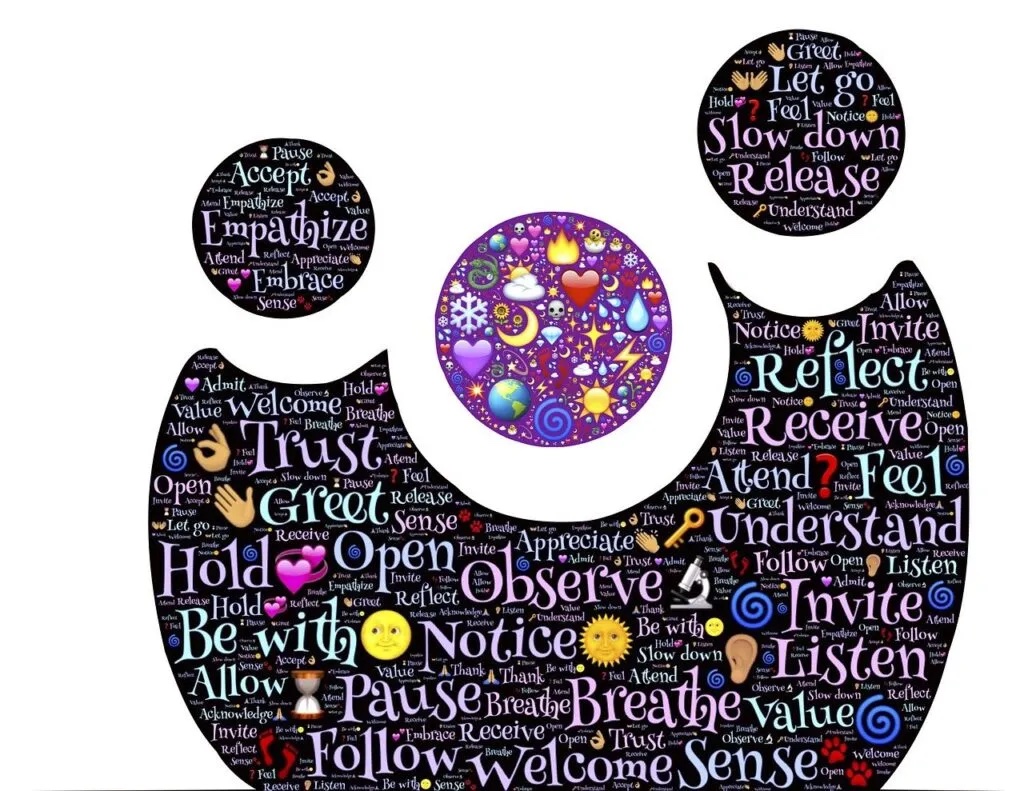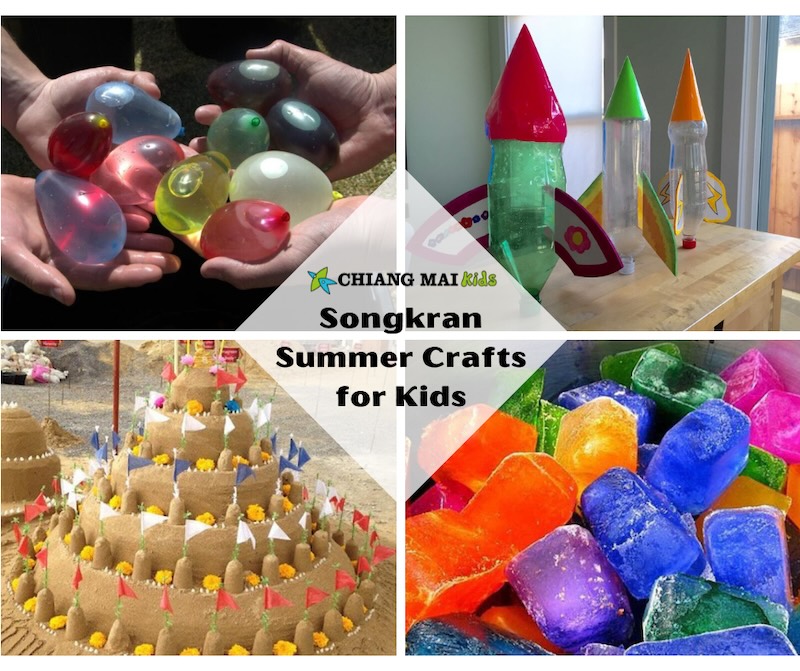It is tough to be a parent, especially at transitional times in kids’ lives such as the teen years. There’s a lot to navigate, such as not your kid not getting into the “right” college, social anxiety, fighting, bad grades, depression, bad boyfriends/girlfriends, peer pressure, drinking problems, drugs, pregnancy, and the list goes on…
You want to protect your children from pain and anguish, but they have got to be able to experience their difficult feelings. It will not help them if you solve their problems as they will not learn that they can do it themselves. It is, however, important to create a safe atmosphere so they can come to you when they have a problem. If you can set the stage for good communication from childhood, it will help them as they mature into the teenage years. Below are some tops tips to help you connect with your teens.
Let Them Make Mistakes

As an adult, you got a chance to live your life and do things your way. Perhaps you have made mistakes and you do not want your kids to do the same thing. As hard as it is, let them make their mistakes and be there for them when they do. Your child is unique and has their own way of solving problems. They become better adults if they can have the opportunity to work things out on their own. Continue to engage with your child and let them know you are available.
Talk to Them With Respect
Adolescents are interested in being heard. They want you to ask them questions about their feelings and how they see things. They have many interesting insights and experiences in their lives and the more they can share with you, the better they feel inside. If we are not curious about what is happening in their world, they begin to understand that they are not as valued.
When you are speaking to your adolescent, you have to manage your emotions. Sometimes it helps to take a deep breath and compose what you want to say. When you are screaming, it tends to escalate negative behaviour patterns. Instead, be firm and talk to them from a place of empathy.

Be Curious About Your Teenager
Some of the best moments I had with my teens were when we were discussing what they love. There is nothing better than seeing a child enjoying something and sharing their passion with you. In the same way, find out what your child is passionate about. Even if you are busy with your careers, go out of your way to do things that your teen really enjoys.
Many parents may say, “I spend quality time with my kids. We eat dinner and we go to the mall.” There is a qualitative difference in doing activities that your teenagers want you to do with them. Let them lead and tell you want they want to do. See how it feels for them that you did. One such activity will lead to more, and your kids will feel like you genuinely care about connecting with them.

Model Healthy Habits
We need to be role models for what we want to see in our children. We tell them to stay away from the iPad and television but at the same time, I see many parents who are not looking at how much social media and TV the kids are engaging in. If children see their parents reading, doing art, writing, playing or exercising, they will be influenced by your habits. Be aware of what you do because they are continuously learning from their environment.
Being a Teenager is Tough!
When I think about what it was like to be a teenager, I remember that it was incredibly hard. I had to figure out who I was, learn how to communicate my needs, work hard in school, and figure out how to fit in. Teens today face similar challenges, but it gets even more complex if your teenagers are so-called third culture kids or TCKs, children growing up in a country away from their “home”.
For TCK teens, parents have to be especially patient and empathetic, understanding what it feels like for children to move and deal with transition. Parents also have to be aware of how their body language (eye contact, being present), what they say (listening, empathy), and their habits affect their teenagers.
When you are empathetic and open, it helps teens to be able to trust that you are going to be there when things are difficult. Don’t worry about having all the right answers – it is okay to not know and better for your relationship to work on the answers together. Rather than seeing your teenager leaning away from you, create an atmosphere where your child can tell you anything and you will be there to support and love him or her unconditionally.







